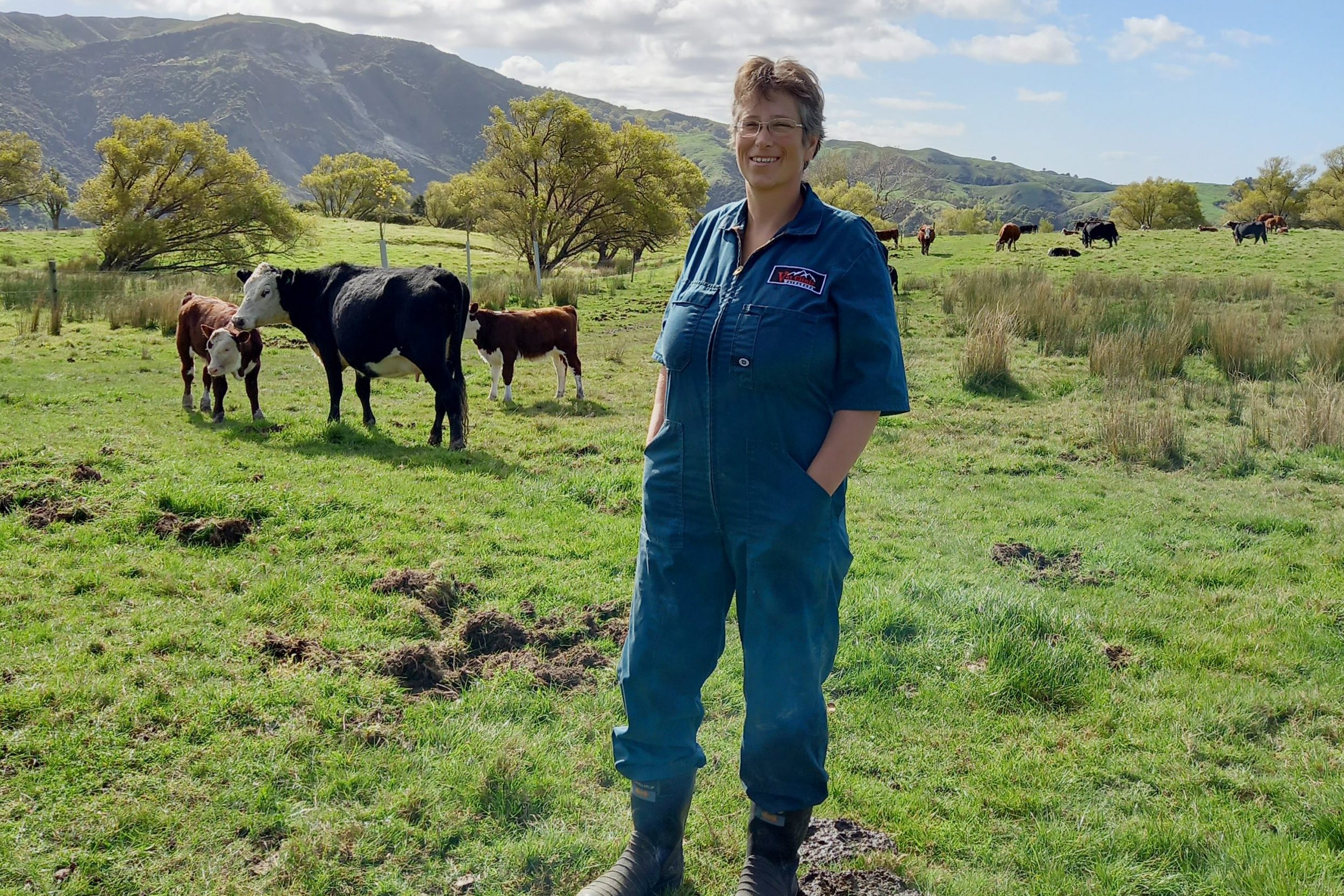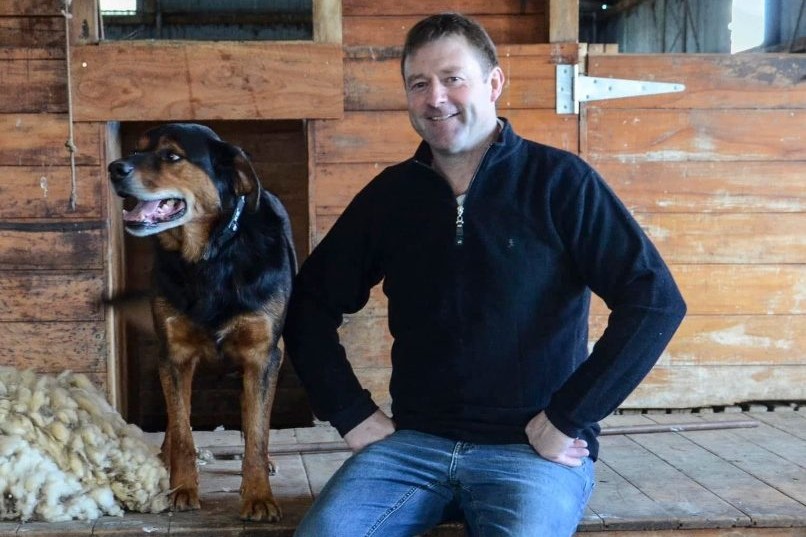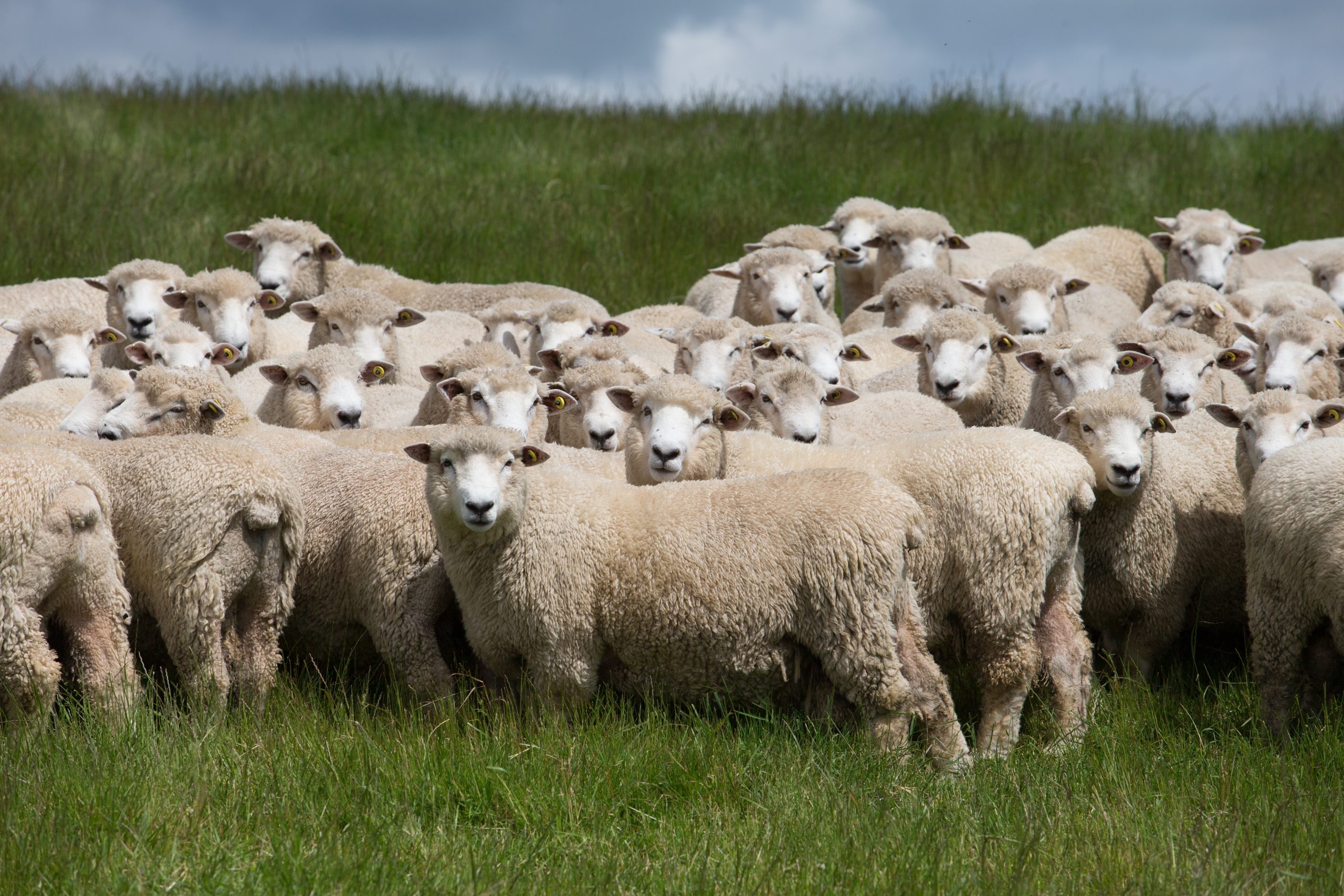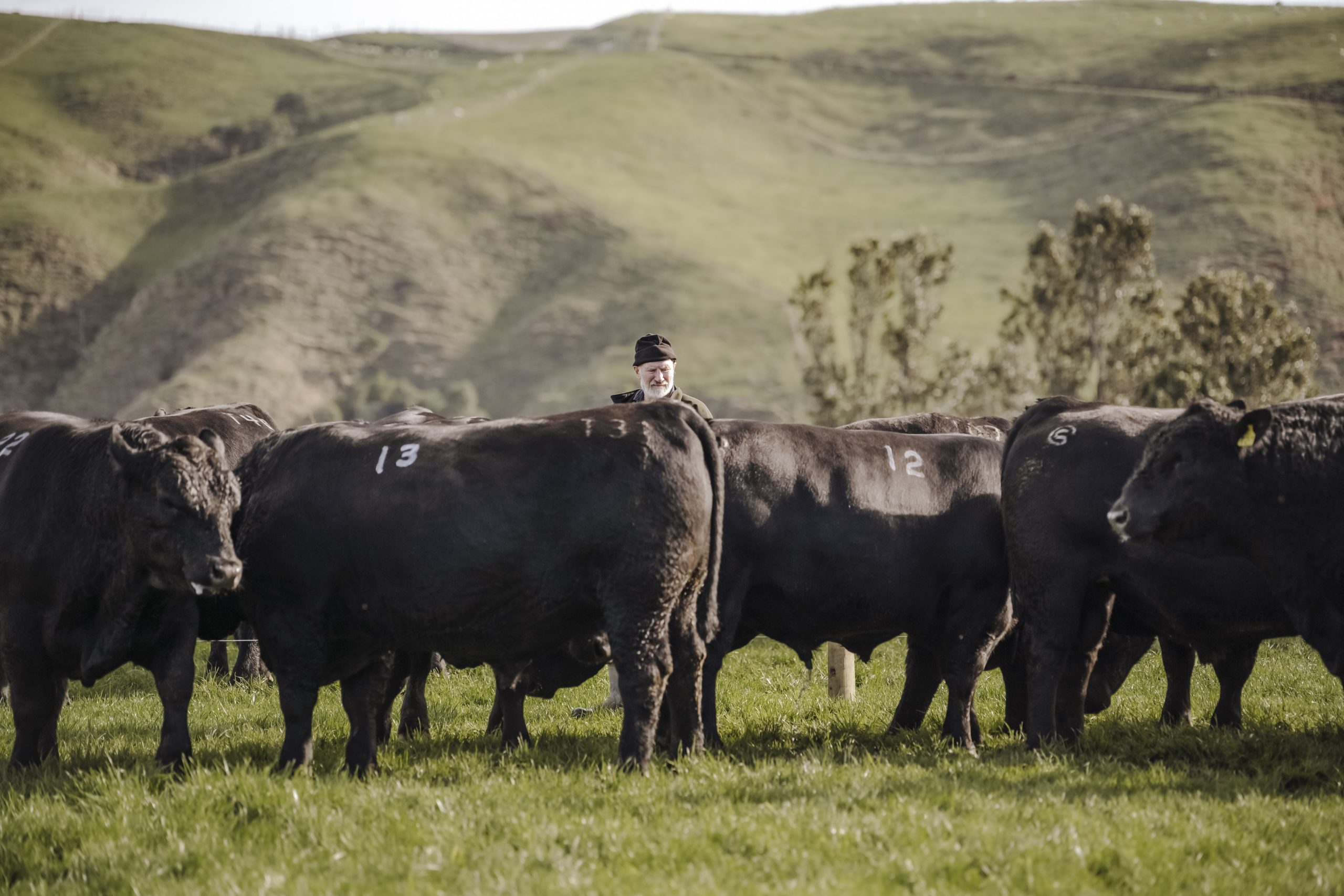Seeking beneficial outcomes
Changing the way we farm because someone does not like what we are doing can be hard to swallow, writes vet Trevor Cook.


A week’s work in the central South Island in August exposed me, apart from being very cold, to two conversations that highlighted one of the challenges we face with our farmed animals.
An elderly French couple shared the kitchen where I was staying, and one evening we exchanged why we were there. Her answer was as a tourist.
As they were leaving she asked me if the sheep stayed outside. Did they get put inside at all? She did not challenge my answer but her immediate intense discussion with her male companion suggested she was surprised by my answer.
The next day I was on a farm which had a new owner based in Auckland, who freely admitted he knew very little about farming. In a discussion about spending priorities which was mostly about upgrading the infrastructure, the owner put in his priority. More shelter for the stock. This on a farm that had its fair share of natural shelter.
I was surprised, but his justification was that it was very cold and should the stock not need more shelter? Of course, many of the sheep seen by the French people and Auckland man would have been very recently shorn.
We all treat things we see all of the time as normal, or more importantly do not see any reason to change. Change is readily adopted when there is a tangible reward. But change because someone does not like what we are doing is hard to swallow.
Ultimately the customer is always right and are these outside observations the beginnings of wider sentiments? Putting in some extra shelter is not a big ask, except that the manager might question that allocation of funds when he sees other priorities.
Providing shelter is one of the five freedoms we provide to animals we care for. For this farm as for most sheep and beef farms, existing shelter could easily be added to. Dairy farms, pivot grazing and many deer farms have no shelter. Not a good look for outside eyes and rather sobering when such eyes described above was where there was existing natural shelter.
The housing one is more difficult to reconcile. Is the fact that these Merino sheep have shown their ability to cope with winter weather for 150 years enough to say that it is okay?
The reality is that these animals do find shelter, but to naive eyes it can easily look bad. Housing is the extreme of providing shelter and if there was a response it would need to focus on that.
Given an increasing market-driven need to provide pain relief for lambs at tailing, is this beginning the slippery slope of wider welfare standards being required? A premium market that pays more would be a good carrot which at this stage is the supposed benefit.
I have been swamped with helping farmers make change because of the ever-increasing incidence of drench resistance. For Merino sheep this is a huge issue due to a combination of circumstances.
These sheep are highly susceptible to worms which is a major challenge when they are run in systems that allow worms to accumulate. Tenure review has made that massively worse by concentrating these animals into an environment that suits the worms better than it suits the sheep.
Dealing with this mimics what we need to do to placate the French tourists. I am not sure what we could do, but it would require big changes, just as these Merino farmers need to make. A common comment I seem to be making is that to get a different outcome requires doing something different. This need to change is not confined to these farmers.
The required approach to fencing waterways, winter cropping and saving wetlands is prescriptive rather than outcome-focused. Which is why these plans are not fit for purpose.
When helping with the changes needed for managing worms the actions have to be outcome-driven. How it is done will vary from farm to farm. So it is not surprising that some farmers want a prescriptive To-Do list, which I cannot do. I can only prescribe the tools.
My job is to unlock the knowledge to approach it differently. We are in an environment that will require change in how we do many things onfarm. We must always push for allowing farmers to be in control of the ‘how’ when someone sets the objective. It might be too big an ask for farmers to be in control of the ‘why’.
- Trevor Cook is a production animal consultant/ veterinarian in Feilding.




